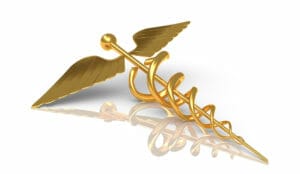“You can run, but you can’t hide!” This statement refers to the idea that eventually justice will be served and payment will be required for wrongs done.
We’re taught this, but we act as if it’s not true. There’s something that tempts us to do what we want now and act as if there will be no consequences in the future. Then, when the consequences finally come, we are left with sorrowful regrets and “if only’s.”
This is the flavor of the final two chapters of 2 Kings. After His people repeatedly disregard His warnings and do what they wanted to do, God can no longer patiently and mercifully hold back the consequences of their actions. Those consequences finally catch up with them. And it’s heartbreaking.
- The temple is ransacked and looted.
- All but the poor are taken prisoner and deported.
- The king runs in fear but is captured and forced to watch his sons be killed.
- Then, the king’s eyes are gouged out and he is carried away as a prisoner.
The book of 2 Kings ends in dismal despair and hopelessness.
But, what’s the point?! Why end a book this way?
Here’s the point. God’s people wrongly assume their relationship with Him will lead Him to overlook their disobedience and rebellion. They think His love will lessen His discipline. But it doesn’t. God’s love may postpone His discipline, but it doesn’t prevent His discipline. (Hebrews 12:6)
Numbers 32:23 says that we can be sure our sin will find us and reveal us. Galatians 6:7 says that we can’t ignore God and get away with it.
So when you choose your present actions, keep the long-term consequences in mind. Be faithful in the present so you won’t have to be fearful in the future. Because…we can run, but we can’t hide.




